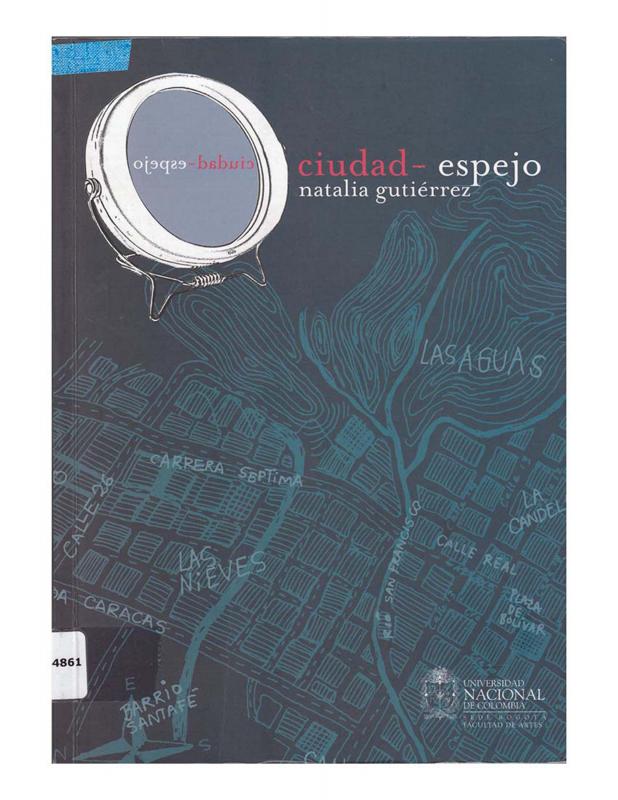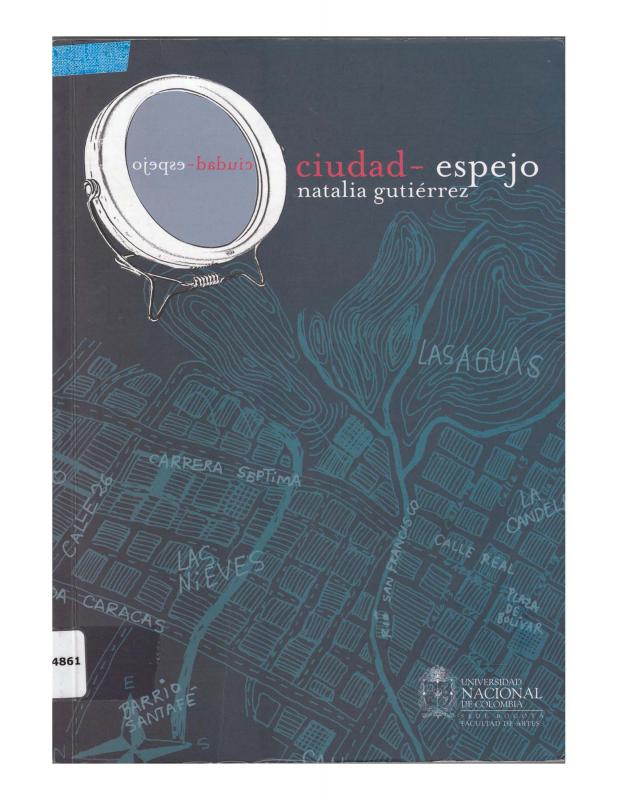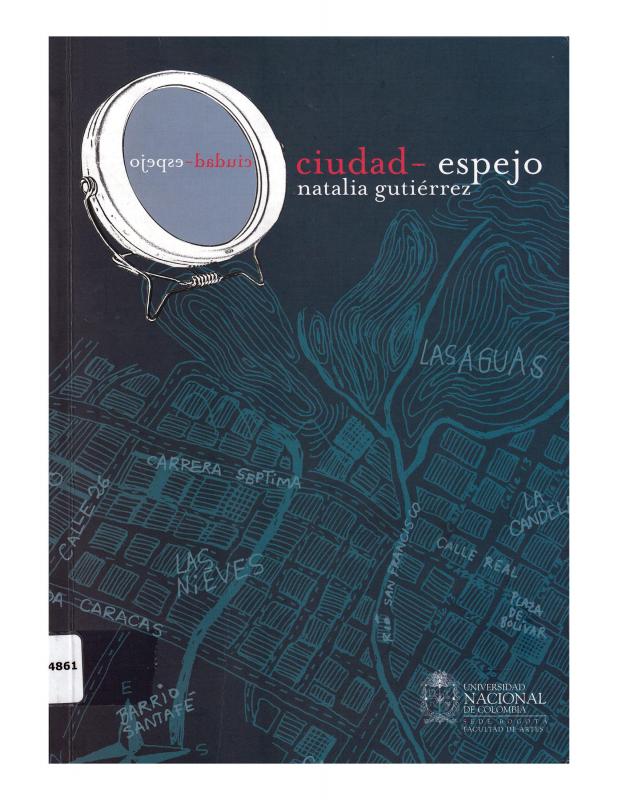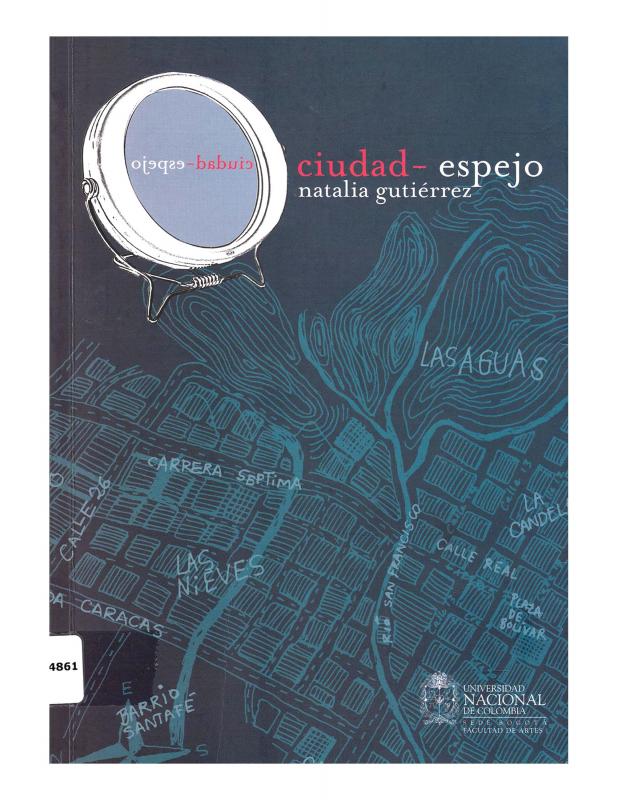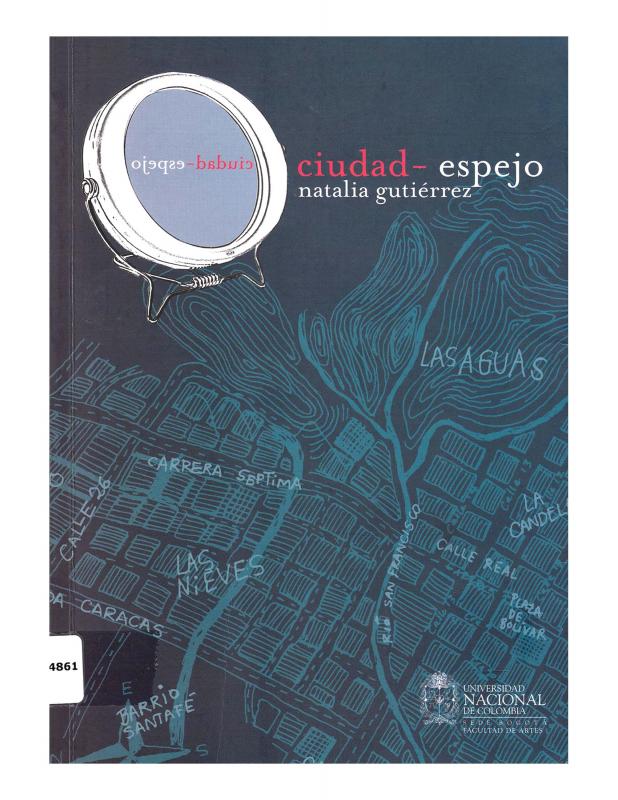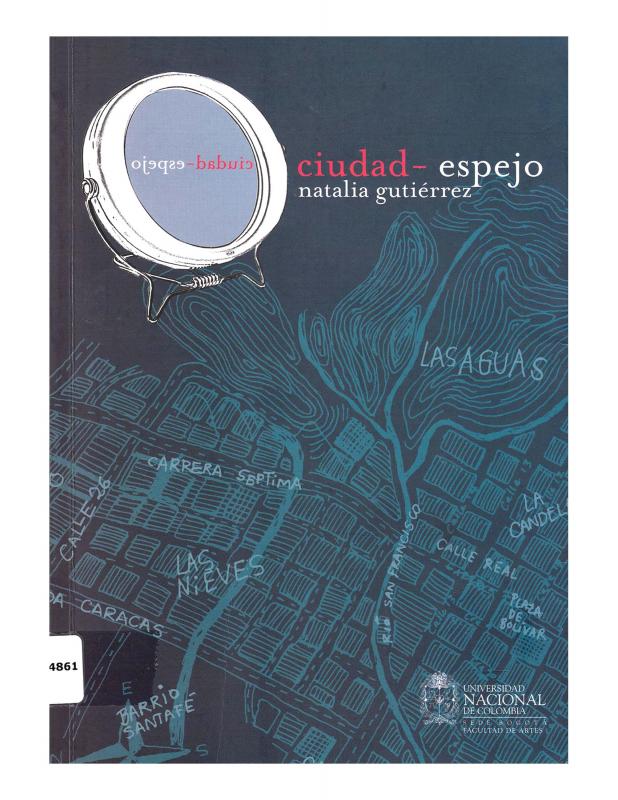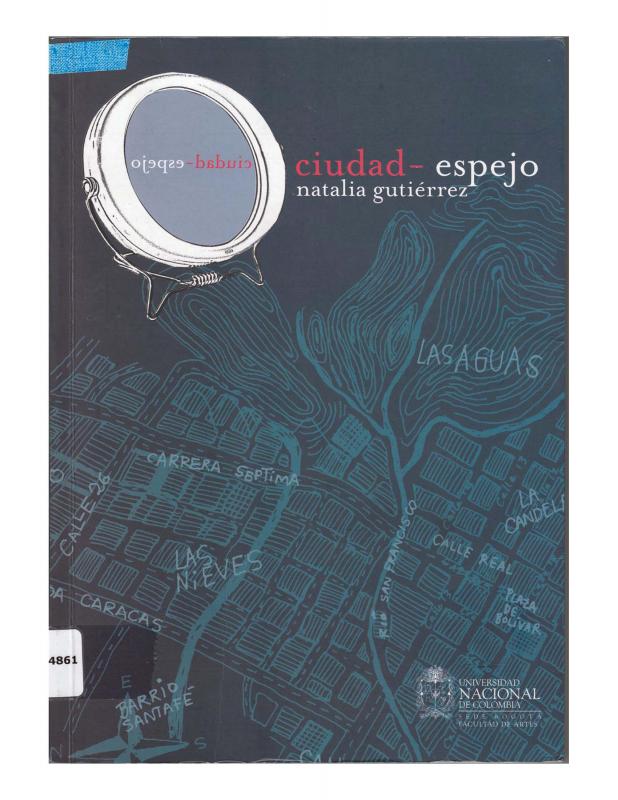This text provides an in-depth reflection on Constelaciones (2004) by Colombian artist Jaime Iregui (b. 1956). It argues that that work brings aesthetic notions to bear on the commercial display practices used every day in the city of Bogotá. This, in turn, attests to the creativity of the anonymous subject whose efficient visual expression ensues in contexts of daily life rather than in the immaculate spaces of art exhibitions. Anthropologist, critic, and curator Natalia Gutiérrez (b. 1954) views the work as a signaling of the practices of what she calls “non-official markets.” Those markets occupy the public space by means of methods beyond the grasp of existing powers that deploy strategies like “incident-traps” that attempt to lure passersby into making purchases. The processes evidenced by the photographs are a protest against the reigning capitalist system and the inequality produced by a Modernist project that, in Latin America, never reached fruition.
Significantly, Gutiérrez associates Iregui’s flanêur-like process with the dérive of the Situationist International, formulated as “counter-cultural methods of protest.” The author rightfully indicates a difference between the Situationists and Iregui’s process, whose results she considers stories that illustrate different ways of inhabiting Bogotá. Iregui’s stories constitute a protest against the social silence debated by the Situationists. Gutiérrez states that the stories “record situations” and the photographs “capture relations.” Both are essential to the artist’s work insofar as they form an archive in which the artist’s stories and photographic images—that is, Constelaciones—become inseparable. Gutiérrez’s reference to the story Un sueño de escalinatas (1976) creates a vision of Bogotá that unmasks urban policies and their effect on the human condition, thus drawing a parallel helpful to grasping the socio-political implications of Iregui’s work. Gutiérrez’s discussion of later works by the artist, specifically when he worked with Grupo Gaula in 1990, is important to understanding both Constelaciones and Iregui’s thesis.
Jaime Iregui is a visual artist and cultural manager with a master’s degree from the Universidad Nacional of Colombia in the theory and history of art and architecture. His work has been featured at the VII Havana Biennial (Cuba, 2000) and documenta 12 magazines (2006) in the framework of documenta Kassel (Germany). He is currently (2010) a professor in the Art Department of the Universidad de los Andes. He directs www.esferapublica.org, a website specialized in art criticism. For more information on the author and ciudad-espejo, see [doc. no. 1132917, doc. no. 1132901, doc. no. 1099051, doc. no. 1099201, doc. no. 1099231, doc. no. 1099381, doc. no. 1099396, and doc. no. 1133189].

